For a Man With 57,000 Scratch-Off Lotto Tickets, It’s Not About the Money
A peek inside the world of a passionate lotologist.
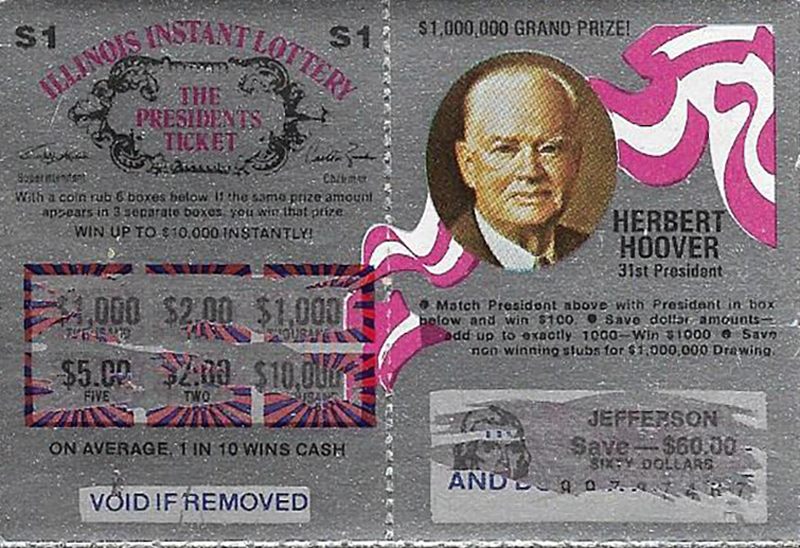
To a lotologist—a person who collects lottery tickets—the thrill of a scratch-off ticket isn’t in the chance to hit the jackpot. Instead, what’s important is to get your hands on the card itself. But if that’s the case, what makes one ticket more valuable than another? The answer, according to one collector, is quality, rarity, and latex.
“I started collecting in 1989. At that time, my father and I had a small grocery store,” says Arthur Rein, a longtime lotologist. At some point, Rein began saving one card from each new scratch-off game that would arrive at his family’s New York-based store. In the early days of his collection, he was only getting a new game ticket every few months. But as his fascination with scratch cards grew, he began traveling to nearby states such as Vermont and New Hampshire to expand his collection. “It wasn’t to win. What I was saving was the tickets that were being redeemed by the customers that had already won,” he says. “It’s not really a gambling hobby. It’s just a collecting hobby.”

At first, Rein’s hobby was a solitary pursuit. “I thought I was the only one collecting these tickets,” he says. But eventually, he discovered he wasn’t alone. He joined the Global Lottery Collector’s Society, a loosely organized group of fans and collectors who trade and catalog scratch-off games released in most of the states across the U.S. According to Rein, the society has seen a decline in membership over the years, but currently there are a couple hundred collectors active in the community.
The scratch-off lottery industry has only increased in the years since Rein started collecting. And by trading cards with members of the society from around the United States, the scope of his collecting has also expanded. Today, Rein says his collection contains roughly 57,000 individual scratch-off cards, kept in stacks of binders at his home. That includes every scratch-off card the state of New Jersey has ever released. “How many people can say that? The director of the New Jersey Lottery can’t say that,” says Rein. By his own estimate, his collection is the second or third largest in the society.

Each collector tends to have different goals and standards when it comes to the lotto cards they want. “There are some who’ll collect just from their state. Some will collect themes, or different famous people who’ve been on tickets. My collection, it’s mostly the instant scratch-off lottery tickets,” says Rein.
Like baseball cards, comic books, or other paper collectibles, the condition of a lotto card is also important, not only to its value, but to its desirability. “Everything has to be pristine. The corners have to be sharp, much of the latex has to be on the ticket,” says Rein. Creases, holes, tears and the like are usually not tolerated.
Another major element of lotto card condition is how much of the latex film that covers the printed numbers is still intact. Since the opaque material usually has graphics printed on it and is important to the look of the card, some collectors only want tickets that are unscratched or “collector scratched,” where as little has been scratched off as possible to reveal the winning numbers. Still others, like Rein, are mostly interested in obtaining the lotto cards they need to complete their collections. “I try to collect every single scratch-off ticket that’s out there. It’s the hunt that’s important. It’s not so much whether it’s a good looking ticket, or a bad looking ticket, it’s the fact that I get the ticket that’s exciting.”
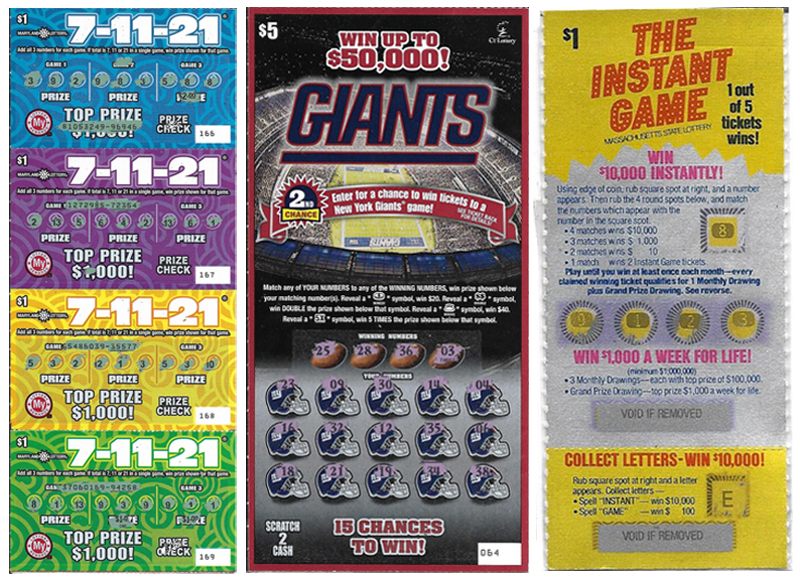
According to Rein, the most sought-after card among U.S. collectors is a themed Illinois scratcher from 1976. “The game was called Presidents, and each ticket pictured a different president. The Illinois lottery told the people who purchased tickets to hold on to all their losing tickets,” he says. “Then when the game was over they would pick one president and you could submit that ticket to the lottery and they’d randomly draw winners from people who submitted that particular ticket.” The ticket was Herbert Hoover, and many players did mail them in, which is why so few of the Herbert Hoover tickets remained in circulation for collectors to snap up later.
Rein acquired his Herbert Hoover card as part of a larger lot that he received from a club member who was giving away his collection before he died. The special scratcher hangs on his wall encased in plastic. “Sometime people will come over and say, ‘What is this? Why you got Herbert Hoover hanging on your wall?,’” he says. “That ticket is considered the holy grail. If you have that ticket you’re considered the best.” Rein has only ever heard of three or four other examples of the card in circulation. He says he saw one sell on eBay for around $500 a few years back.
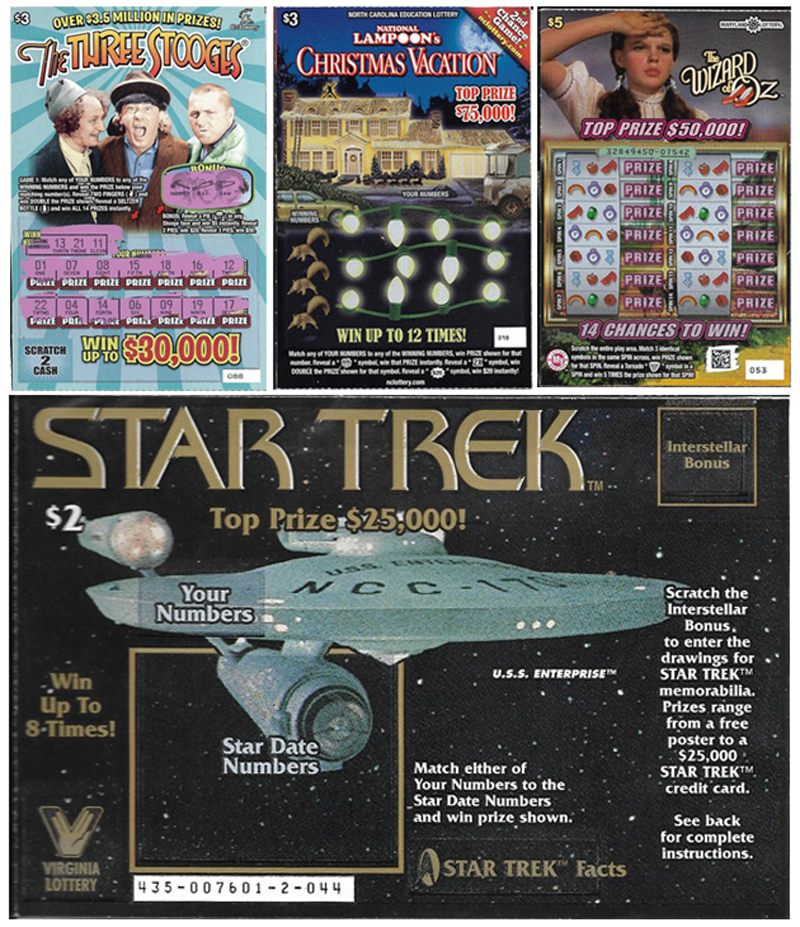
While that may seem like a small amount compared to the thousands of dollars in potential winnings offered on any one of Rein’s scratch cards, his hobby isn’t likely to make him wealthy any time soon. “The most I’ve ever won is $1,000 on a scratch-off in Maryland,” he says. “When you think of how many thousands of tickets I’ve purchased over the years, it’s so disappointing. I don’t like to think about it.”
Rein isn’t planning to give up buying lotto tickets any time soon. His love of collecting runs much deeper than a layer of scratch-off latex. “People ask me why I collect,” he says. “It brings back memories of the business that my father and I had. It also reminds me of the camaraderie that we have in the club.”
And even if he isn’t about to strike it rich in the lottery, Rein counts himself lucky that his spouse puts up with his hobby. “I gotta beg my wife every day not to throw me out of the house.”

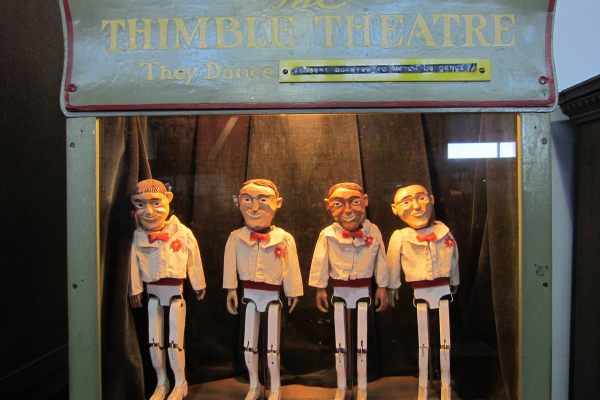
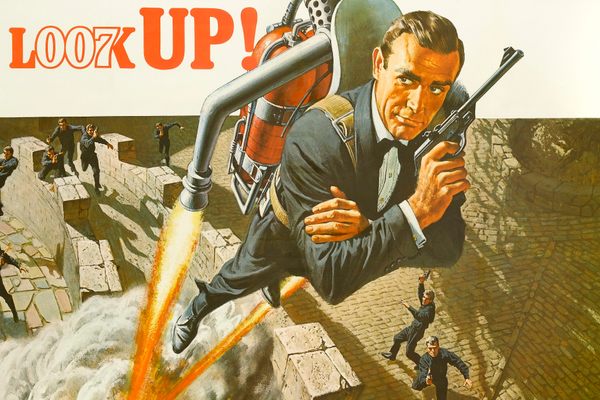
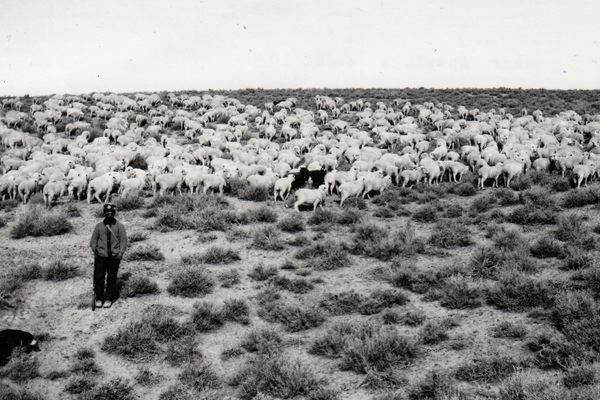



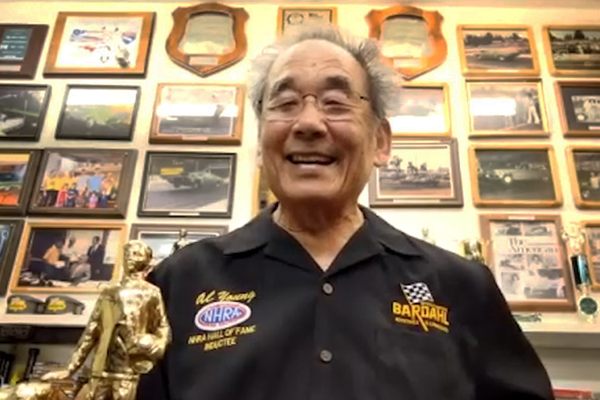
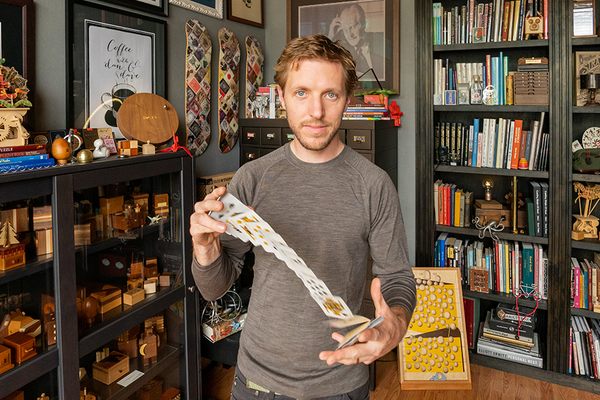


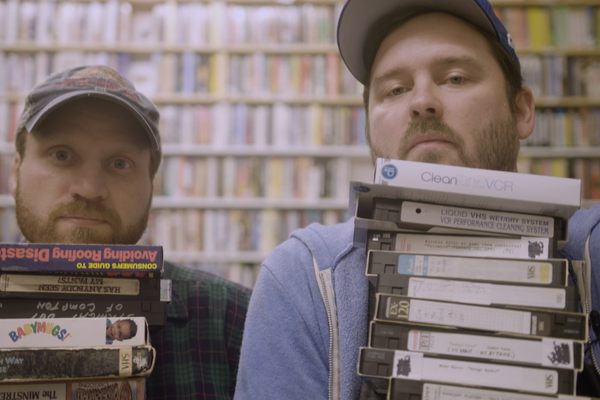


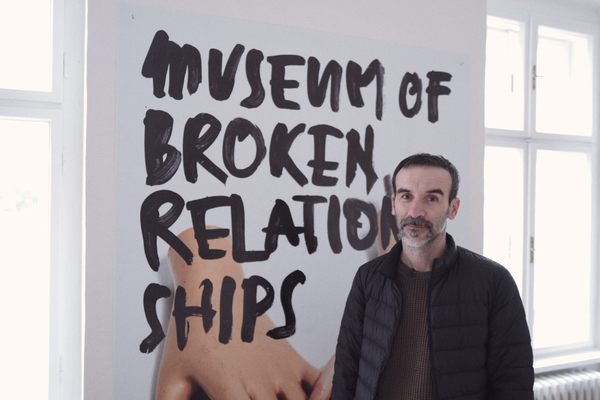




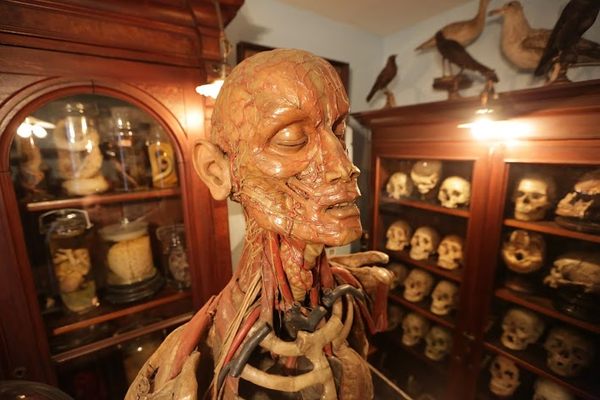




Follow us on Twitter to get the latest on the world's hidden wonders.
Like us on Facebook to get the latest on the world's hidden wonders.
Follow us on Twitter Like us on Facebook